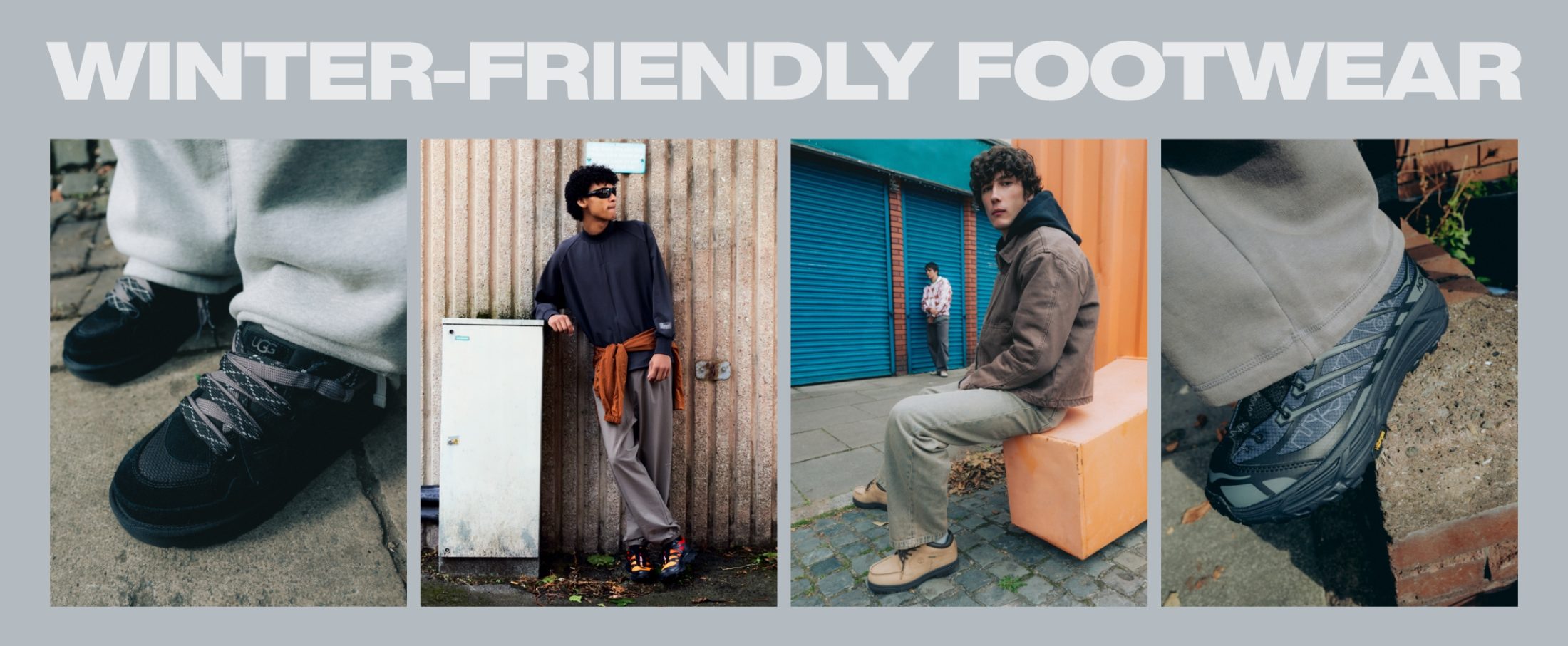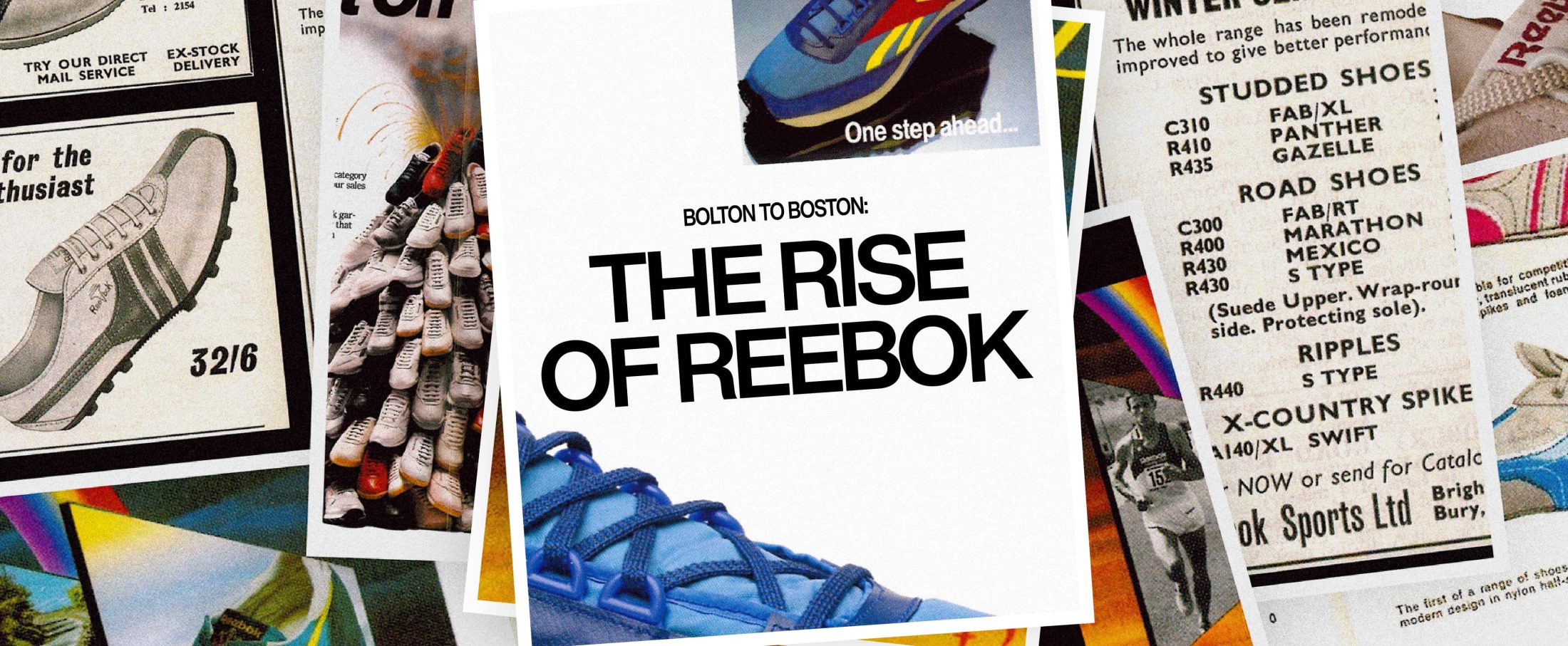The people of Liverpool with Jacqui McAssey

In the build-up to the adidas Originals ‘Liverpool’, we spoke to four people who span generations of the city’s modern era, telling the story of Liverpool through those who have been dedicated to its defining themes: football & music. A couple of days ago we sat down with Peter Hooton. Today, we bring you our interview with local inspiration Jacqui McAssey.

Jacqui McAssey
Born in South Liverpool and now at Liverpool John Moore University as a Senior Lecturer in Fashion Communication, Jacqui McAssey trained her eye on the city’s female football fans and told their story. Now her zine Girlfans has won her fans of her own around the world. We caught up with her for a chat over a cup of tea on a rainy day in Bootle.
How did Girlfans start?
It started when I went to Anfield for the first time in 2013. It was the first game of the season, and I was standing outside the Kop and just noticed loads of women and girls walking past. At that point, I hadn’t even thought about women going to the game.
I found some statistics about women attending Premier League matches, and it was something like 23 per cent. I couldn’t help wondering why people don’t talk about this.
I had no strategy, no ideas for a website, or social media. I got a little bit of funding through the university and thought there’s a load of women and girls that we know who go to football, let’s photograph them at all the home games and go from there.
What’s the response been like?
It’s always been positive. I think a lot of men picked up on it first, weirdly. When I think about where that first issue of Girlfans went, it was about even between men and women. To see the magazine then travel around the world was amazing.
Tell us a little bit about your relationship with the city of Liverpool.
When I was growing up, my dad wasn’t into football. He was in a gun club, which sounds weird but if you were into guns, you’d go fire guns in a gun club. But my mum is from Toxteth, and she’s one of 11 kids – her brothers are half Blues, half Red. I think as a mother she’d find things to do with us, so when Liverpool won titles, she’d take us to parades.

How would you describe Liverpool as a city to someone who’s never been here?
I think it’s an inclusive city. The city has been through a lot of hardships, especially in the eighties. It’s also a unique accent. Liverpool is proudly its own thing, not defined by any other part of the country or even the country it’s in.
A lot of that pride comes from football, I think it’s down to the parades for me, mainly… there was one year where Everton had one, and my best mate is an Evertonian, so we just sat on the wall. Liverpool had it all. Even the Pope ended up on our road.
What’s the identity of South Liverpool?
It’s just very different. In 1980, 1981, when I was a kid, all the riots were around me. Then the Pope came down in ‘82. It was a crazy time to grow up there. It also has a lot of affluence, Walton and places like that. Smithdown Road, where I’m from, is quite multicultural now. There are a lot of students living there; it’s an interesting postcode: L15.
I went to John Lennon’s school, Dovedale Primary School, and I now teach at John Lennon School of Art. It’s a nice circularity there. So I grew up around all The Beatles’ stuff like Penny Lane, you know. If you don’t know all the words to all The Beatles’ songs, are you even from Liverpool?

You spoke of the eclecticism of the area and the new student influx: do you think there’s an idea of Liverpool being more welcoming than some cities?
As a city, I think it’s very open. And it’s a destination city now. I know that as a lecturer, the students come to the city to learn. I don’t think that’s always been the case. The culture has grown massively… with areas like the Baltic Triangle, which is full of start-ups, and London Road which is where we have the Fabric district.
It’s springing up everywhere: fashion, tapestry, enterprise, entrepreneurship. There’s a regeneration of industries in an honest and authentic way – it isn’t just rich people building student flats. There’s so much opportunity here, and a sense of joy and adventure among the people who grew up here that feeds that.
Liverpool is small enough that it has such a strong identity, how do you think that happens? There seems to be a pride in maintaining a distinct feeling of what Liverpool is.
In so many places, there is a real pressure to become the same as everyone else. I used to live in London, and there I intentionally softened my accent. You just want to fit in. But as soon as I came back, I realised how great it is to be from here.
The city has such a strong sense of identity there that you can’t pull away from it easily because the community sticks together. The culture is pretty self-ingrained. And even if you soften your accent or leave for years and years, it stays with you.
How did you come to terms with realising that when you returned?
It was different in the nineties; I hated and loved Liverpool in equal measure. But when I was travelling away, and my accent and personality were getting recognised as Liverpudlian, you couldn’t escape it.
When I moved to London, people would say things, make jokes and I was very deadpan about it because it wasn’t funny; it was really fucking annoying, to be honest. It wasn’t about being ashamed of myself; it was just people from outside projecting shame on to me. But people would listen to the way you said something, not what you said. So to go through that and to now hear Liverpudlian accents on the radio and telly, people like Chelcee Grimes being the face of women’s football on TV, fills me with such pride.
Keep your eyes peeled for further interviews & exclusive content in the run-up to the adidas Originals ‘Liverpool’.
And if you missed our interview with local legend Peter Hooton, don’t worry. It’s right here.







